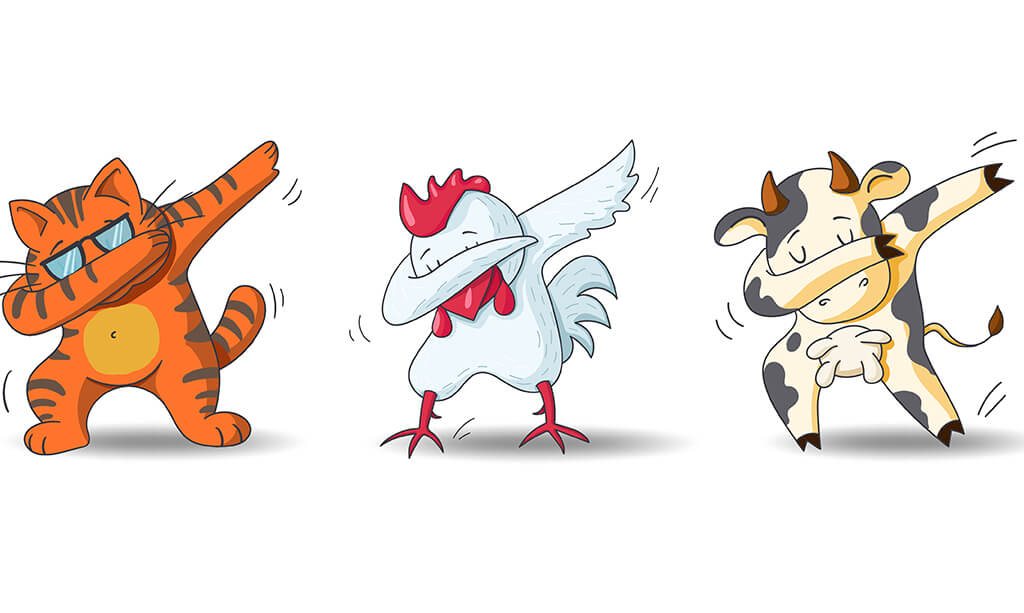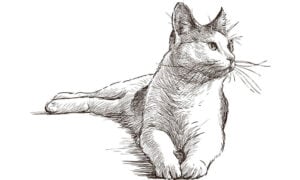
In this Intermediate ESL lesson, students will review language related to wildlife and gain knowledge of new language and expressions related to feelings.
Introduction
The student first reads a paragraph and identifies verbs of the senses and feelings (see, feel). Then, they identify adjectives and adverbs related to feelings. They learn some basic rules about stative verbs and verbs related to feelings, beliefs, and sensations.
Practice: verbs of feelings, beliefs, and sensations
The practice part includes completing sentences using verbs from the box (doubt, prefer, weigh, etc.) and circling the correct verb forms.
Reading: Pet therapy
The student reads a short passage about pet therapy and answers reading comprehension questions. New words are extracted from the text for the student to match them with their definitions.
The student practices the use of adjectives ending in -ed and -ing by circling the correct forms in a text.
Idioms: Our furry and feathered friends
The student learns idioms in which animal names are used (e.g. pig out, chicken out, hold one’s horses) and uses them to complete the sentences.
Video: Nature makes you happy
The student watches a short BBC video titled Nature Makes You Happy and learns about the study of wildlife. Then, they do a video comprehension exercise. New vocabulary is extracted from the video for the student to match it with the correct definitions.
Reading: The platypus
By reading a short passage, the student learns about the platypus to, then, answer reading comprehension questions.
Next, the student puts the animals from the box in the right categories (insects, mammals, fish and marine world, birds, reptiles).
The lesson ends with a word family exercise which the student completes by adding the missing verbs or nouns.

Our Love Affair with Cats
This Upper-Intermediate speaking lesson explores humanity’s fascination with cats through engaging…

Sweet History: The Journey of Chocolate
This Intermediate ESL lesson plan explores the cultural significance of chocolate…

Why Millions Are Rolling Out Their Yoga Mats
This B2-level lesson plan gets students talking about yoga using different…


